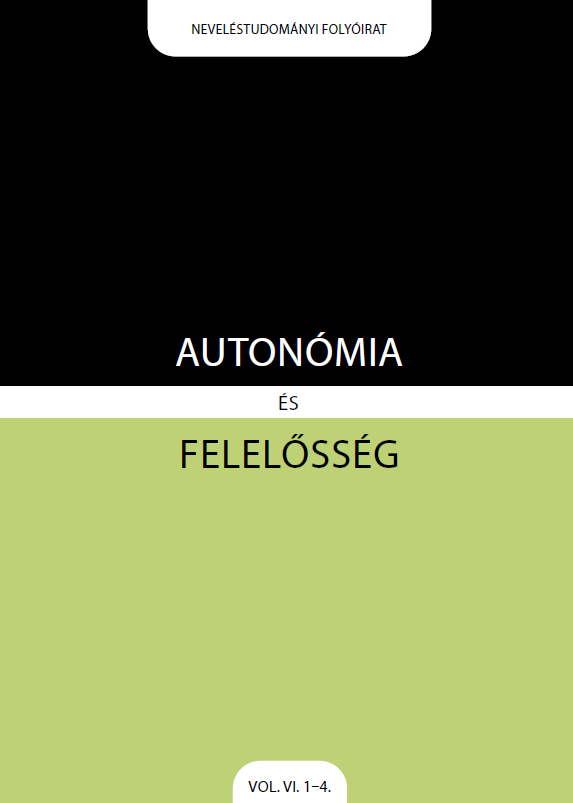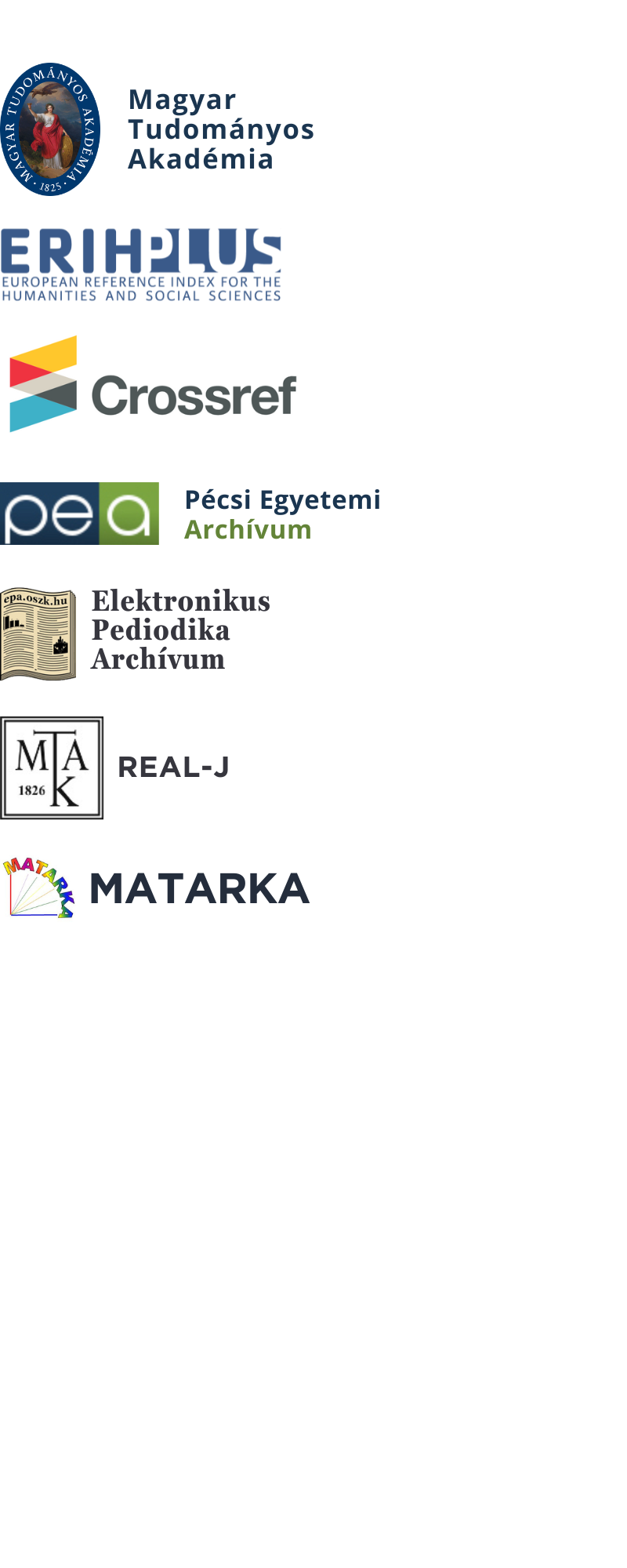Routes from the "auxiliary" school... Once segregated, now adults social integration along some dimensions in the light of their life stories
DOI:
https://doi.org/10.15170/AR.2021.6.1-4.9.Keywords:
different primary school curriculum, mild intellectual disability, social integration, quality of lifeAbstract
The role of school as a channel of social mobility for later life chances is widely supported and thus indisputable (Bernstein, 1996; Kozma, 1975; Bourdieu, 1978; Ferge, 1980). Early school selection mechanisms, which are underpinned by a variety of "explanatory principles", also tend to firmly predict the succession of important stages in the life course. The type of primary education institution for pupils with a mild intellectual disability has been at the centre of intense social debate almost from its inception, which has been fuelled by the lack of evidence of the disability in question. of the undiagnosed nature of the disability in question, and hence the difficulty of defining and diagnosing it, and also from observations of educational practice in mainstream institutions. In addition to the selection problems on the input side, however, there is also the question of how this affects the output side, i.e. what consequences schooling has for the young person's later life and social integration (Szabóné, 2008; Lányiné, 1985). The present paper attempts to answer a slice of these questions by presenting some of the results of a qualitative life history study conducted in 2019, which was carried out by interviewing individuals who once studied in a different primary school curriculum and are now adults.
Downloads
Downloads
Published
How to Cite
Issue
Section
License

This work is licensed under a Creative Commons Attribution-NonCommercial-NoDerivatives 4.0 International License.



